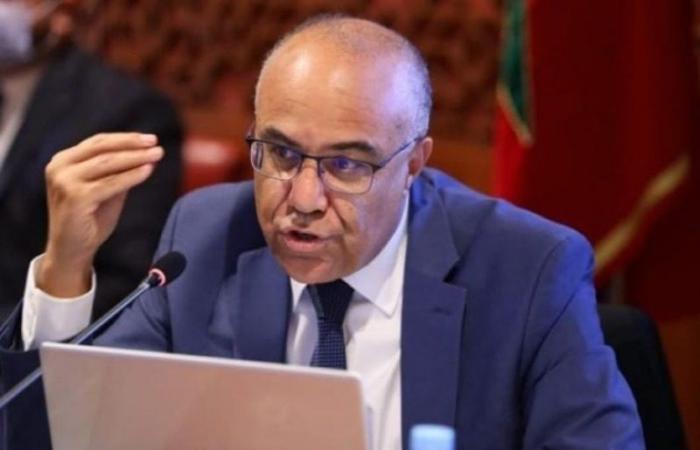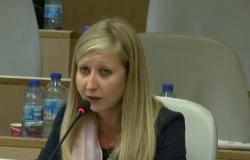Will the failure of the Minister of Higher Education, Innovation and Scientific Research, Abdellatif Miraoui, to find a solution to the crisis of students in general medicine, pharmacy and dentistry cost him his job? His inflexibility on a point that is nevertheless legitimate and clearly poses no problem leaves public opinion perplexed.
Why does Minister Miraoui refuse to grant students the only essential point of their demands? Why does he want to reduce their university and training curriculum from 7 years to 6 years when those mainly concerned believe, from experience, that they absolutely need this extra year to perfect their learning and be able to treat millions of Moroccans?
If those concerned themselves doubt their ability to practice in good and proper form, with all the professional, technical and academic skills to care for their future patients, it is now necessary to understand the reasons why the government absolutely wants to reduce the academic curriculum by one year. It is not only a matter of their ability to practice this noble profession in the right way, but also of the health of their future patients.
Students were already complaining about not having enough time to do their internships, about a lack of supervision, as well as a host of conditions that they considered inadequate. The reduction of one year, in this case, seems like an inappropriate measure, but it is defended tooth and nail by the government.
Abdellatif Miraoui remained closed to this main demand of medical students and defended himself last May before Parliament by arguing that the year less had been prepared in partnership with “national and international experts”.
Could it be a question of budget? After all, general medical studies, free and paid for by the taxpayer, are long and mobilize enormous human and financial resources for the State and this concerns thousands of students per year, not to mention the specialties which require more years of study.
If the issue is related to the budget, the government could have said so clearly and bluntly, while explaining how it intended to optimize the years of study. The crisis would undoubtedly have taken a different turn, but at present, it is a most glaring failure that the government is trying to hide and it is the supervising minister, Abdellatif Miraoui, who must assume responsibility for this failure.
The government’s hardline policy on this issue, while ignoring students by announcing that exam dates would be maintained even though they had almost had a blank year, seems completely unreasonable.
At present, there is a gap between the thousands of students and their parents, and the department of Miraoui. The escalation continues and the demonstrations in front of the Parliament are expected to resume in earnest. The parents of students have turned to the royal cabinet for mediation, and the boycott rate of exams is intriguing. More than 90% of the boycott rate in all faculties of Morocco.
This situation could have been avoided if the minister, who has been criticised even within Parliament, had really wanted to find common ground or a compromise in order to definitively close this issue which is challenging public opinion.
Abdellatif Miraoui had declared before the hemicycle last May that the government, through the ministries of Health and Higher Education, “remains open to a strictly reserved dialogue between the deans of medical faculties and the student delegates”, while refusing national dialogue.
This last-resort meeting took place this June just before the exam date, but once again, the management of the executive was astonishing. No minutes of the discussions that brought together the representatives of medical students and the ministers of Higher Education and Health, as well as the government spokesperson, in the presence of the deans of the medical faculties.
In response, students have come together to boycott the exams. In a statement from the National Commission of Students in Medicine, Dentistry and Pharmacy (CNEM) dated June 25, they announced their decision.
The CNEM criticized the absence of a report formalizing the points of agreement reached between the parties. However, the supervisory ministry seemed to have added water to its wine, by introducing an optional seventh year, in response to the strikers’ main grievance.
But the ministry had required students to take the exams first and discuss the remaining points later. The CNEM certainly saw this as a trap, especially since no written record of their meeting exists.
The situation does not bode well in the absence of concrete promises from the supervising ministry. The students will not give up in the seventh year, and the problem risks disrupting the curriculum and the future of these young future doctors. How long will the standoff continue?






